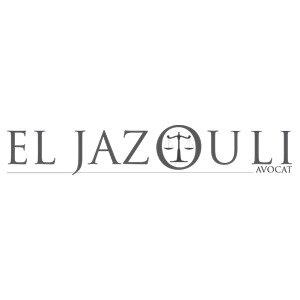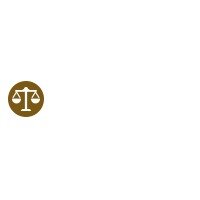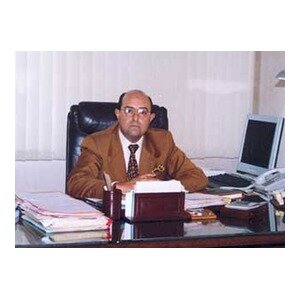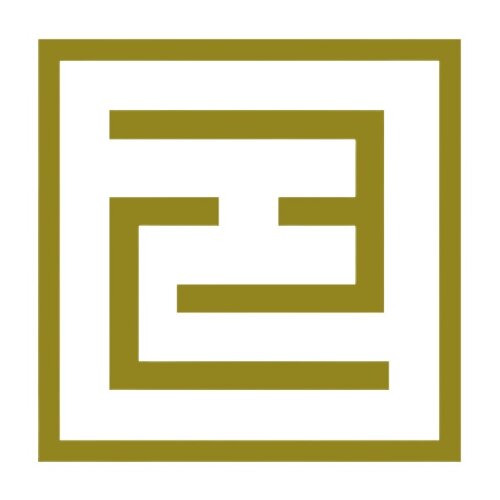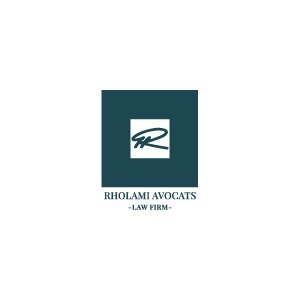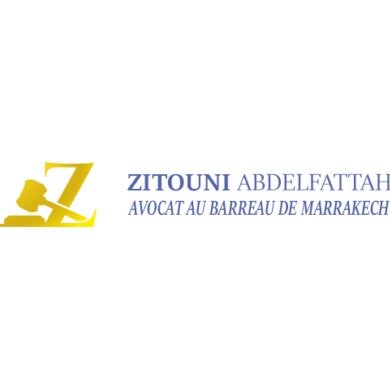Best Debt Capital Markets Lawyers in Marrakesh
Share your needs with us, get contacted by law firms.
Free. Takes 2 min.
List of the best lawyers in Marrakesh, Morocco
About Debt Capital Markets Law in Marrakesh, Morocco
Debt Capital Markets (DCM) represent a vital component of the financial ecosystem in Marrakesh and Morocco as a whole. These markets serve as avenues where entities such as companies, financial institutions, and even government bodies can raise funds by issuing debt instruments. Common instruments include bonds, notes, and other forms of securities purchased by investors. The regulatory framework in Morocco aims to ensure transparent, fair, and efficient operations in these markets. This structure is crucial for the development of the local and national economy, providing financing for major projects and fostering growth.
Why You May Need a Lawyer
Engaging in Debt Capital Markets often involves complex legal considerations. You may require a lawyer for several reasons, including:
- Structuring and issuing bonds or other debt instruments
- Drafting or reviewing offering documents, contracts, and disclosures
- Understanding and complying with regulatory requirements
- Cross-border or multi-jurisdictional transactions
- Assessing legal risks and managing liabilities
- Resolving disputes related to debt instruments or issuance
- Advising on securities laws and investor protections
- Supporting due diligence for mergers, acquisitions, or joint ventures involving debt financing
A qualified legal expert helps ensure that transactions are valid, enforceable, and compliant with all relevant laws in Morocco.
Local Laws Overview
The Debt Capital Markets in Marrakesh operate within the broader Moroccan legal framework, which is continually evolving to support financial innovation and investor protection. Key aspects include:
- Market Regulation: The Moroccan Capital Markets Authority (Autorité Marocaine du Marché des Capitaux, AMMC) regulates the issuance and trading of debt securities. AMMC establishes rules for public offerings, disclosure, and ongoing obligations for issuers.
- Types of Instruments: Common debt instruments in Morocco include bonds (obligations), sukuk (Islamic bonds), and medium-term notes. Issuers must comply with specific eligibility and procedural requirements.
- Listing Requirements: Issuers who wish to list debt securities on the Casablanca Stock Exchange (Bourse de Casablanca) must adhere to strict regulations regarding financial health, transparency, and reporting.
- Securities Laws: Moroccan securities law sets out requirements for prospectuses, ongoing disclosures, and investor protections. False or misleading statements can result in severe penalties.
- Cross-Border Considerations: Foreign investors and offshore issuances may trigger additional legal and tax obligations.
It is critical to stay updated, as regulations may change and new instruments might be introduced in the ever-developing financial sector.
Frequently Asked Questions
What is a Debt Capital Market?
A Debt Capital Market is a financial market where companies, governments, or institutions raise funds through the issuance and sale of debt instruments like bonds or notes, rather than through equity or bank loans.
Who regulates Debt Capital Markets in Marrakesh?
The Moroccan Capital Markets Authority (AMMC) regulates the Debt Capital Markets, including the approval of public offerings and supervision of market participants.
What are the main requirements for issuing bonds in Morocco?
Issuers must prepare detailed documentation, including a prospectus approved by the AMMC, and meet financial and disclosure requirements set by law and by the Casablanca Stock Exchange if planning to list the bonds.
Can foreign entities issue debt securities in Marrakesh?
Yes, foreign entities can issue debt securities, but they must comply with both Moroccan regulations and any relevant cross-border rules, which can be complex and may require special approvals.
Are there specific rules for Islamic bonds (sukuk) in Morocco?
Yes, Morocco has introduced a regulatory framework for sukuk to ensure compliance with Sharia principles, in addition to conventional securities law.
How are investors protected in the Debt Capital Markets?
Laws require issuers to provide accurate, comprehensive information, and ongoing disclosures. The AMMC monitors compliance and enforces penalties for violations.
What are common risks associated with investing in debt securities?
Risks include credit risk (the issuer may default), interest rate risk, currency risk, and market liquidity risk. Legal protections are in place, but due diligence is necessary.
How are disputes related to debt instruments resolved?
Disputes can be addressed through litigation in Moroccan courts or, when agreed upon, through alternative dispute resolution methods such as arbitration.
Can individuals participate in Debt Capital Markets in Marrakesh?
Yes, individuals can invest in listed debt securities through licensed brokers or directly in some cases, but this usually requires a solid understanding of the products and associated risks.
How can a lawyer assist with Debt Capital Markets transactions?
Lawyers can help with legal structuring, preparing and reviewing documentation, conducting due diligence, ensuring regulatory compliance, and protecting your interests in disputes.
Additional Resources
For further information and support, you may consider the following resources:
- The Moroccan Capital Markets Authority (AMMC) - for regulations, guides, and market updates
- Casablanca Stock Exchange (Bourse de Casablanca) - for rules on listing and trading debt securities
- Ministry of Economy and Finance - for policy updates and economic reports
- Moroccan Bar Association - for assistance locating qualified legal professionals
- Professional associations specializing in financial and securities law
Next Steps
If you need legal help with Debt Capital Markets in Marrakesh, consider the following steps:
- Identify the specific nature of your transaction or issue, such as issuing bonds or reviewing agreements.
- Gather all relevant documents and information, including financial statements and any previous legal correspondence.
- Contact a lawyer or law firm with experience in Debt Capital Markets law in Morocco. The Moroccan Bar Association or local business law firms can be a starting point.
- Ask about the lawyer's experience with similar transactions and confirm their familiarity with the local and national regulatory environment.
- Schedule an initial consultation to assess your needs and to outline a strategy for compliance, documentation, and risk management.
Prompt action and professional guidance are essential to ensure your activities in the Debt Capital Markets in Marrakesh are both legally sound and successful.
Lawzana helps you find the best lawyers and law firms in Marrakesh through a curated and pre-screened list of qualified legal professionals. Our platform offers rankings and detailed profiles of attorneys and law firms, allowing you to compare based on practice areas, including Debt Capital Markets, experience, and client feedback.
Each profile includes a description of the firm's areas of practice, client reviews, team members and partners, year of establishment, spoken languages, office locations, contact information, social media presence, and any published articles or resources. Most firms on our platform speak English and are experienced in both local and international legal matters.
Get a quote from top-rated law firms in Marrakesh, Morocco — quickly, securely, and without unnecessary hassle.
Disclaimer:
The information provided on this page is for general informational purposes only and does not constitute legal advice. While we strive to ensure the accuracy and relevance of the content, legal information may change over time, and interpretations of the law can vary. You should always consult with a qualified legal professional for advice specific to your situation.
We disclaim all liability for actions taken or not taken based on the content of this page. If you believe any information is incorrect or outdated, please contact us, and we will review and update it where appropriate.




